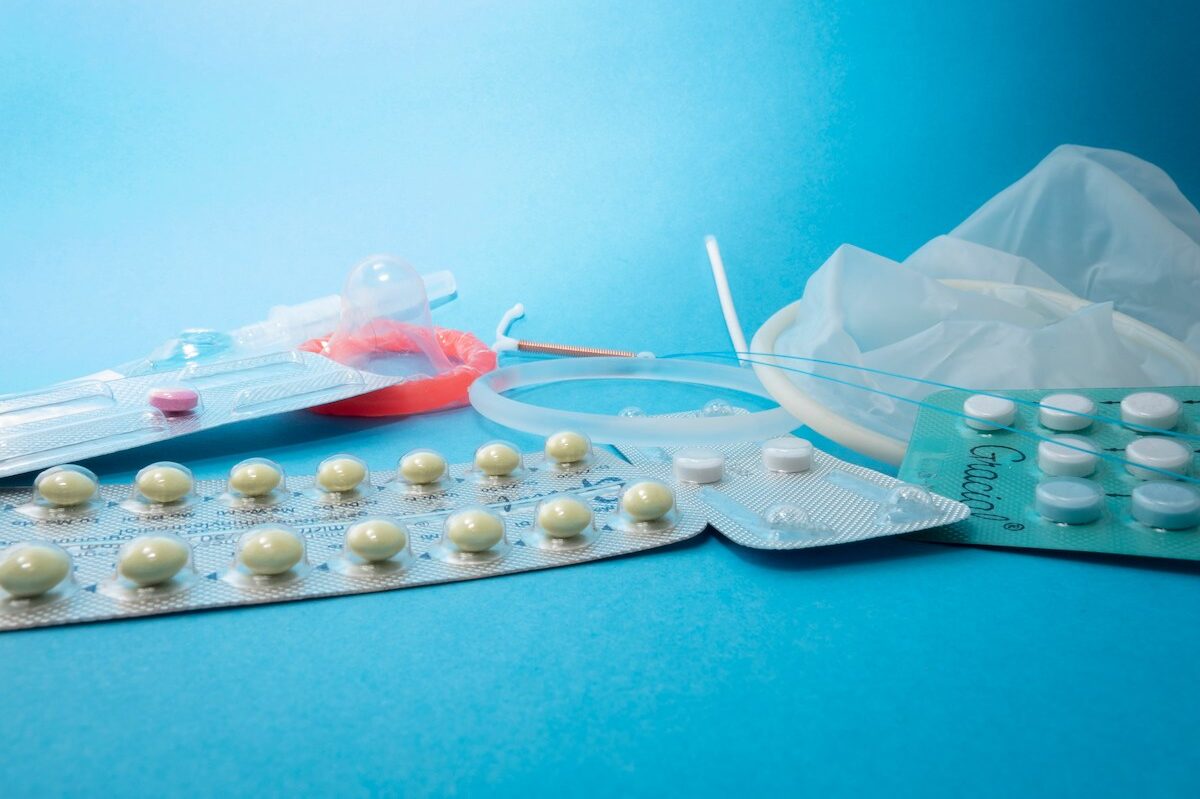A follow-up to the question about “do I really need birth control, since I have infrequent periods?”: I’m on the pill for HRT purposes, and my doctor instructed me to just stay on it for several months at a time without a break (i.e. not taking the placebos), then to take four days off and start again. My question is, how the heck am I ever going to know if I’m actually in menopause if I do that? The last time I took the days off, I didn’t get a period — but I don’t know if that’s because I wasn’t going to get one that month or if my body just hadn’t readjusted after several months of being on birth control. Any advice?
—Anonymous
I love using birth control pills for this purpose. You get the benefits of contraception and hormone replacement therapy (HRT) all in one pill. So convenient! The short answer to your question is that you won’t know when you would have experienced menopause if you hadn’t been on a birth control pill. And that is okay.
Remember, the bleeding that women have when they take the placebo pills at the end of a pack of birth control is not a true menstrual period, in the sense that it was not preceded by ovulation. It is what we call a withdrawal bleed — uterine bleeding triggered by suddenly stopping progesterone.

With today’s lower-dose birth control pills, it is not uncommon or unsafe for women not to have a withdrawal bleed at all. It also doesn’t tell you anything about where you are in your reproductive life. It actually serves no purpose. When birth control pills were designed in the 1950s, the researchers who designed them thought it would be more acceptable to women and to the leaders of some religious institutions if the pills mimicked a normal period.
How, then, do we know when to stop taking the pill or to shift from a birth control pill to more conventional HRT? There are a few ways to proceed. Many physicians will transition you from birth control pills straight to lower-dose HRT around the average age of menopause — about age 51.
Others will have you stop the pill and see if you either have a period or symptoms. If you don’t have a period or menopausal symptoms, you are all set; no need to do anything further. If you have a period or symptoms of menopause, you can either resume the birth control pill and check again in a year or transition to HRT. Discuss with your doctor which options might work best based on your symptoms.
If a doctor asks when you entered menopause, you would simply explain how long you took the pill and when you transitioned to HRT, if you did. That is all the information we need to provide you with good care.
So while it is true that if you take birth control pills as HRT you will not have a last menstrual period in the traditional sense, it isn’t that important, and you will have benefited from managing your perimenopausal symptoms well.
Community Guidelines



















Log in